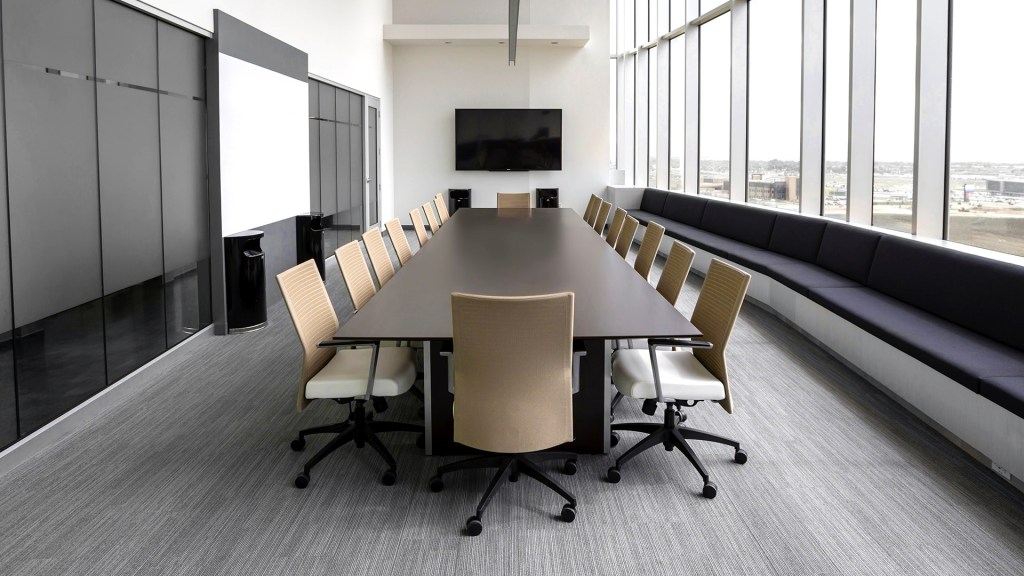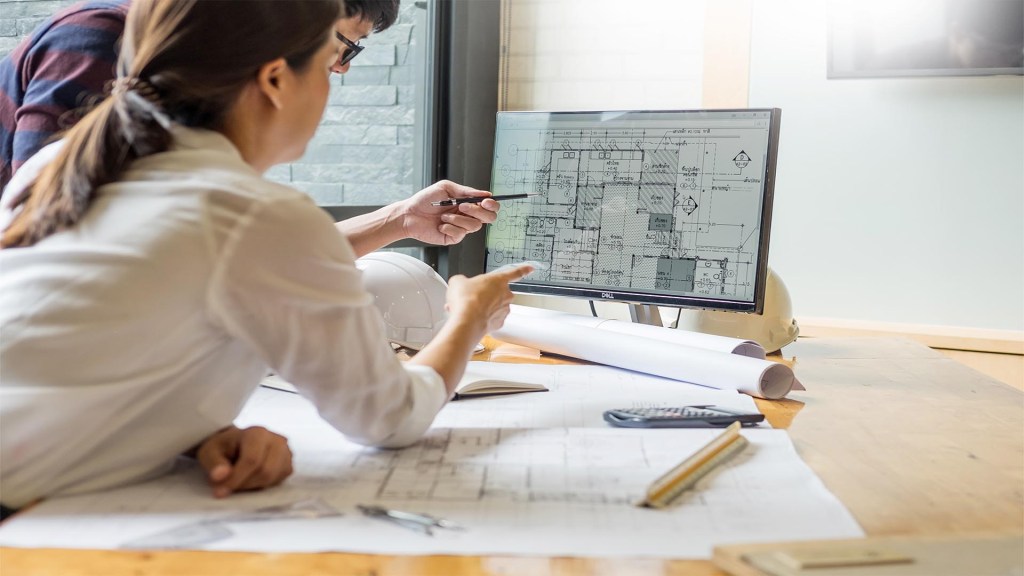Reimagining Canadian Office Space
More Flexible + Healthier Space
How is the commercial real estate landscape changing and how do we adapt? How will we apply those learnings to our future as a technology innovator? These questions have been on the mind of the team at Yardi Canada as well as on technology providers worldwide. Commercial asset managers require flexible workspaces and integrated technology […]

